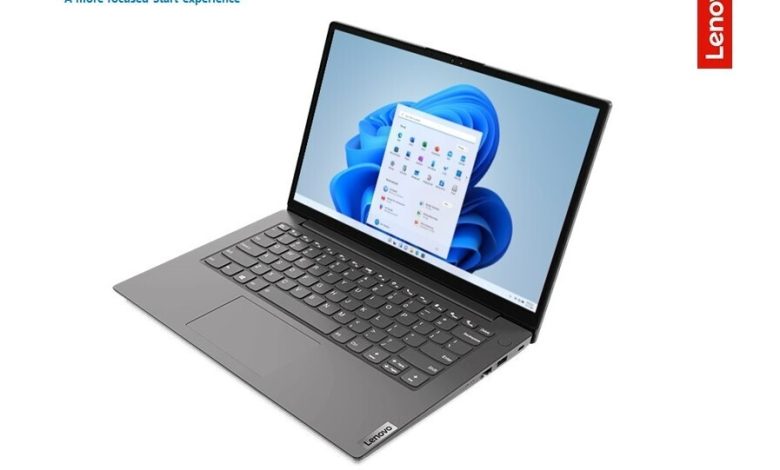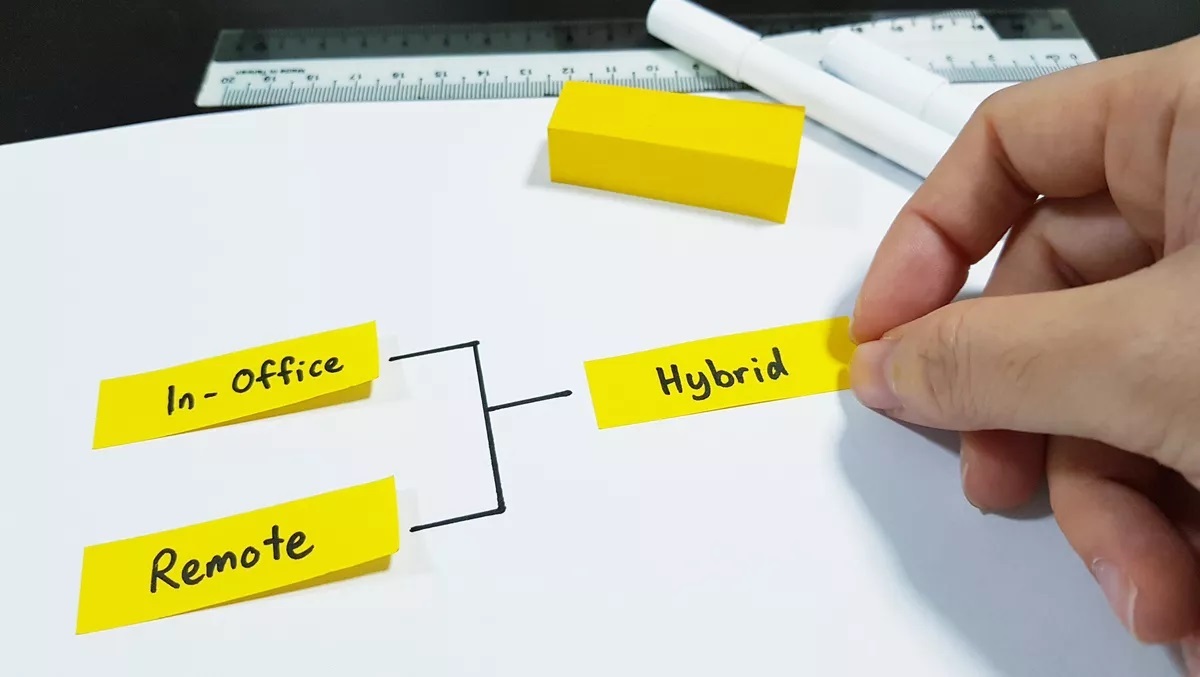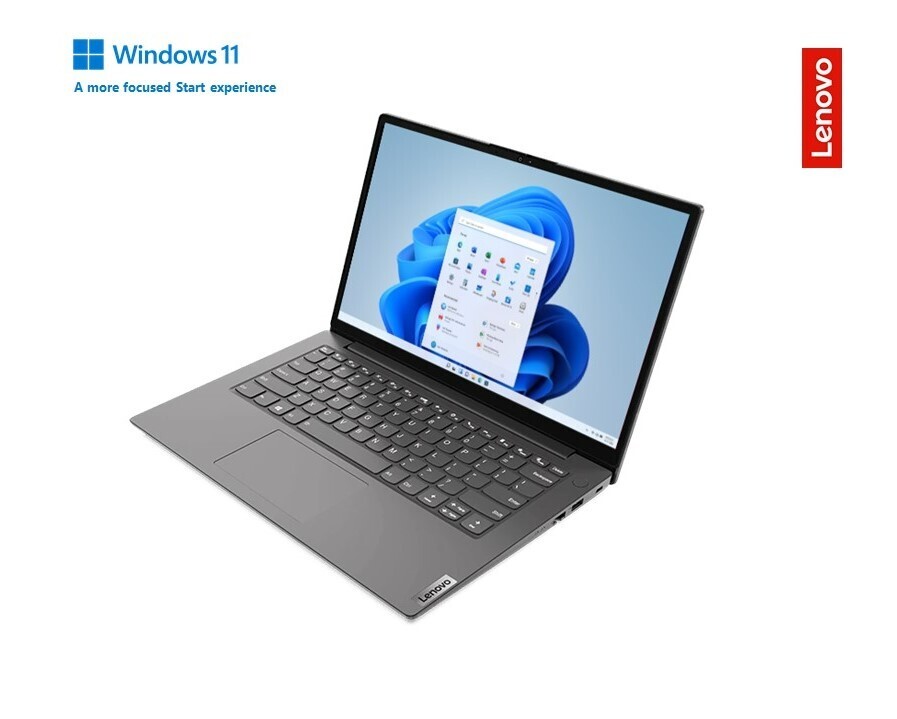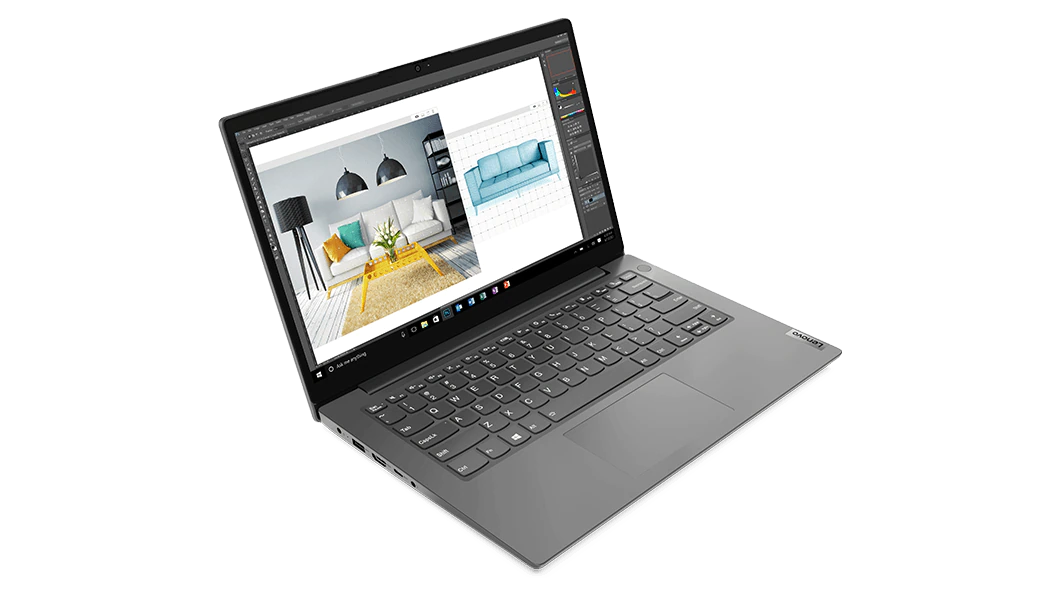
The digital education revolution has been in the works for a long time, and the pandemic has simply accelerated the process. Experts feel that the growing digitalisation of everyday life is causing a behavioural shift in educators and students.
During the pandemic, educational institutions scrambled to find an interim solution; taking lessons online. While it works to most extent, it still lacked finesse.
Experts believe that hybrid learning is the way forward. It embodies the best of online and face-to-face learning, leveraging the strengths of both modules while minimising their limitations. To keep our country competitive, there is a need for Malaysian education institutions to join this progressive movement. This will propel our next generation to be ready for the future workforce and equip them with the right mindset, skills and competencies to thrive in the future digital world.
Taking the first step in adopting hybrid learning in schools may be challenging for educators but with the right partner such as Lenovo, schools will be able to adopt and accelerate this agenda.

Through the EdVision programme, Lenovo offers end-to-end solutions to meet the educational technology demands of schools. With Lenovo’s expertise in providing education solutions, they can be an effective guide in aiding schools in adopting these changes and taking the first step in their digitisation journey. Here are four advancements that Lenovo’s EdVision delivers to the Malaysian education environment through hybrid learning:
1. User-Friendly Learning Environment
The flexibility of both physical and online learning is the key highlight of a successful hybrid learning environment. However, the hybrid learning environment is not easy to navigate for educators and students if it is not user-friendly. Education institutions must ensure that educators and students have the right tools and applications to conduct hybrid learning.
Through the EdVision programme, Lenovo can deploy devices and modern education-focused management tools and applications to support hybrid learning.
It can start with something as simple as a laptop. The Lenovo V14 Gen 2 is a suitable laptop that enables students’ learning online and offline. The Lenovo V14 Gen 2 is a powerful, economical, and feature-packed laptop that is designed to enhance the user experience. The laptop’s sleek and portable design (at just 19.9mm thick and 1.5kg in weight) could replace bulky schoolbags loaded with textbooks and notebooks, making going to school an enjoyable paperless journey.
The Lenovo V14 Gen 2 operates on Windows 11 Home. Improve student focus with a simpler user experience, including centered Start, clean layout, and easy navigation.

2. Virtual Education
Lessons on chalkboards/whiteboards are a thing of the past. Educators now have access to a whole new world of interactive teaching tools and methods to better prepare students to be future-ready. Simulations and recreations of real-life events, and phenomena, are no longer limited to pictures in the books or on the whiteboard.
With the EdVision programme, Lenovo can set up a smart classroom for the school which enables the teachers to use innovative technology to help students elevate their learning journey, even when they are attending classes from home. In the smart classroom, there are a host of easy-to-manage devices and apps that support collaboration and individualised learning for all students such as Microsoft Teams and Microsoft 365 Education to drive the digitalisation of education.
3. Interactive Lessons
Human interaction is an integral part of hybrid learning. Interaction between the teaching and learning parties must be maintained to enable continuous engagement for a productive class. This link can be disrupted by a variety of issues, such as a bland presentation or distraction from third-party elements.
Lenovo’s EdVision helps educators create immersive lessons using Microsoft Teams, allowing them to keep students on track from virtually anywhere. The finest feature is that educators will be able to personalise the presentation quality to boost students’ engagement in the lesson. Likewise, online communication, creative thinking, and collaboration among students may well be fostered, as these qualities are essential for future competency beyond school.
Having a laptop such as the Lenovo V14 Gen 2 which is equipped with the 11th Intel® Core™ i7 processors and the NVIDIA® GeForce® MX350 enables teachers to display crisp, high-definition pictures and videos ensuring maximum engagement for a whole new hybrid learning experience.
4. Security
Due to the scalable connectivity nature of hybrid learning, cyber threats are also imminent, particularly for students who are easier targets for cybercriminals and infiltrators. To obtain the best hybrid learning experience, one of the most important factors to consider is how secure the education infrastructure is against cyber threats such as hacking, phishing attacks and malware.

Having a solution such as ThinkShield security from EdVision enforces cybersecurity for educators and students against campus intrusion and accident detection. Essentially, ThinkShield provides security solutions for devices, student and educator identities, online safe navigation, and school centralised data. For example, the Lenovo V14 Gen 2 laptop protects educators’ and students’ data and privacy with TPM 2.0 firmware, which encrypts essential data, and a physical webcam shutter for privacy and safety.
With the Lenovo EdVision solutions, users will also receive ample support from the Lenovo service team to absolve any cybersecurity issues. Lenovo’s Accidental Damage Protection (ADP) is a truly excellent support service included that outperforms its competitors in terms of coverage, affordability, and repair services. Schools may have peace of mind knowing that the devices are insured and covered by Lenovo during an event of an incident.
As the world embraces an all-digital lifestyle, the demand for competence and resilience in this new reality has never been greater. Malaysian schools must rise to the challenge of grooming the next tech-savvy generation for the digital revolution. Why not begin with hybrid learning?
A recent education study commissioned by Lenovo and Microsoft and done by YouGov and Terapinn reveals huge prospects in e-learning but issues such as distraction continue to impede the efficacy of online education. Lenovo’s response to these concerns is to establish EdVision to improve and reinvent how hybrid learning is perceived and implemented in Malaysia.
Elevate your hybrid learning experience today with Lenovo’s EdVision programme here.





